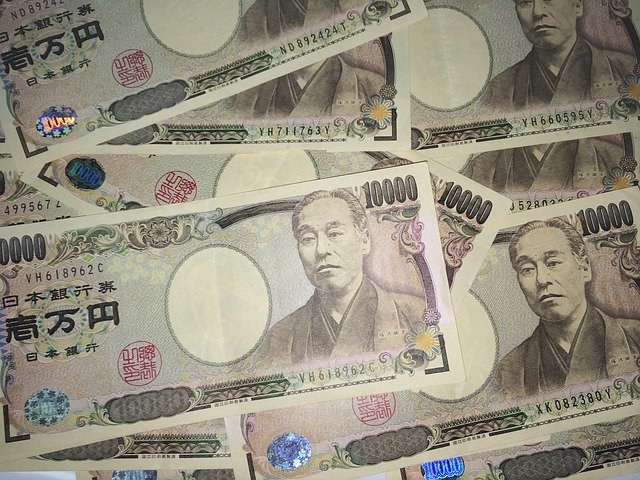China bought a record number of Japanese government bonds in 2020. However, the yield on Japan’s state securities is virtually zero. What attracts Chinese investors to Japanese bonds?
In the first three months of 2020, China bought medium and long-term Japanese bonds valued at 1.46 trillion yen – $ 13.8 billion, 3.6 times more than in the same period last year, according to the Japanese media Nikkei.
Although Japanese debt securities yield is zero, Japan’s economic development is fairly stable, so Japanese government debt becomes a tool to diversify China’s investments, according to the director of the Northeast Asian Studies of the Heilongjiang Department of the Chinese Academy of Social Sciences, Da Zhigang.
“The globalization strategy involves diversifying investments, so both Chinese authorities and Chinese companies focus on the Japanese debt securities market. In addition, with the coronavirus epidemic, many additional risks arise,” the analyst said.
China is one of the largest holders of US debt with around a trillion dollars in Treasuries. Meanwhile, tensions in relations between the two countries do not cease.
“We don’t want to put all our eggs in the same basket. It is a reasonable principle to diversify and improve investment security,” Da Zhigang stressed.
According to the expert, despite some political and territorial contradictions, the economies of China and Japan are closely linked. China accounts for a fifth of all Japanese exports. Therefore, Da Zhigang opined that the trend to strengthen economic cooperation between the two countries will continue.
“Japan is one of the few countries with trade volume of more than $300 billion. History shows commercial and economic cooperation between our countries has been developing since the establishment of diplomatic relations. And although there have been certain obstacles, including the problem of sovereignty of Diaoyutai (Senkaku islands, in Japanese), the volume of trade as a whole has not experienced serious drops,” the analyst noted.
In addition, Da Zhigang pointed out that in recent years, trade and the number of Chinese tourists in Japan have also increased.
Meanwhile, the CNBC channel explains the attractiveness of Japanese bonds in the medium and long term with the particularity of the currency risk hedging tools. With the help of dollar/yen currency swaps, investors in Japanese government bonds receive another basic premium for the conversion. Therefore, the total return on these values is no longer zero.
At the same time, selling yuan to buy yen to buy bonds helps prevent the Chinese currency from strengthening too quickly.
Japan itself ranks first among holders of US Treasuries with a number of US securities, valued at $ 1.29 trillion.
